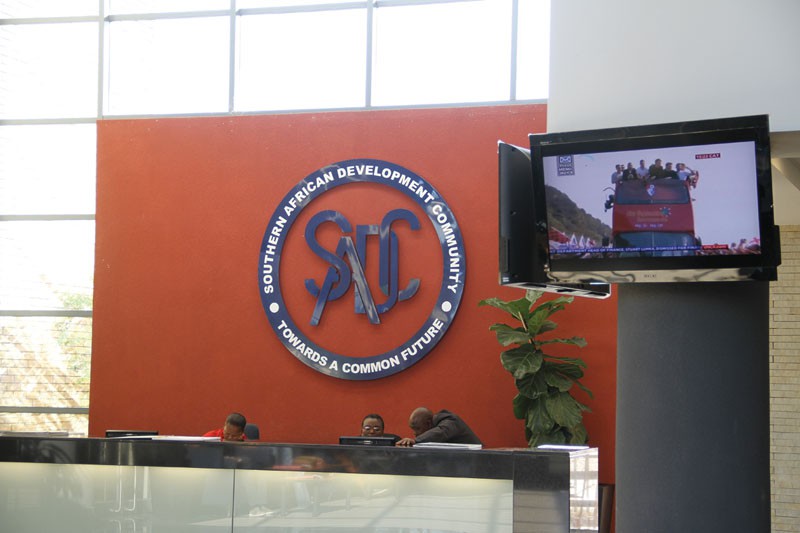SADC senior legal meeting fails to form quorum
Goitsemodimo Kaelo | Thursday November 26, 2015 16:32


The SADC senior legal officials were scheduled to meet in Gaborone for the next three days starting yesterday to develop a Draft Action Plan for consideration and approval by the committee of ministers of justice and attorney generals at their next meeting to be held next year.
Uncertainty lingers after only four of the 15 SADC member states were represented during the official opening of the meeting. The four were Botswana, Namibia, Swaziland and Zimbabwe. An official of the SADC Secretariat in Gaborone said invitations were sent to all member states who confirmed that they would participate in the meeting.
“More than 10 countries had indicated they are coming to this meeting but no communication has reached us as to where the delegates could be. Only four countries are represented which means we don’t form a quorum,” he said.He explained that for the meeting to form a quorum, at least 10 member states should be represented.
Augustine Makgonatsotlhe, a deputy permanent secretary in the Ministry of Defence, Justice and Security who chaired the meeting, said the meeting has to continue in the absence of the delegates who confirmed attendance but were not there. He expressed hope that other delegates will join them during the course of the three-day meeting.
He said none of the countries that are not represented has indicated pulling out.
“In the interest of time, we will form what is called Troika and go ahead with the meeting. I hope they will join us as the meeting progresses,” he said.
The meeting is being held for the first time in Botswana since the country assumed the chairmanship of SADC in August. Makgonatsotlhe said the senior legal officials were tasked to draw up a draft programme of work, which was later referred to as the draft action plan.
He said the action plan would include the identification of legal sector areas on which regional cooperation is required. These include the SADC treaty, protocols and revised indicative strategic development plan and the identification of areas of criminal and civil matters on which SADC member states may wish to cooperate at regional level.
